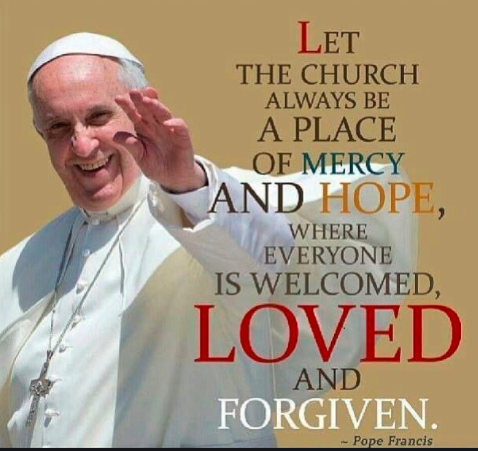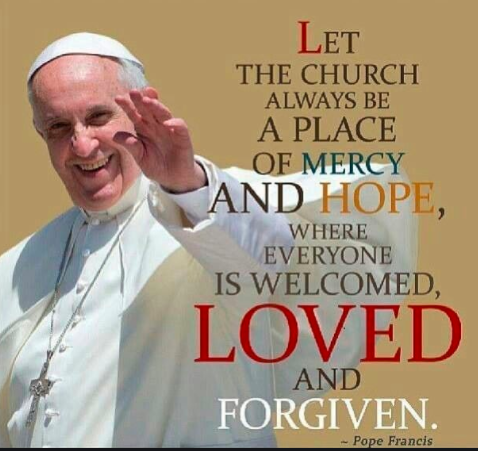
Today we have the third Servant Song for our First Reading, which is a memorable set of striking images: “an open ear,” “a well-trained tongue,” that “knows how to speak to the weary.” “I gave my back to those who beat me, my cheeks to those who plucked my beard, I did not shield my face from buffets and spitting…I have set my face like flint.” (Isaiah 50:4–7). If this is ascribed to Jesus, as we Christians always have, then it clearly portrays one who is totally subject to the human condition, all the way to the bottom. He is a good listener and speaker, but in the end, his is an act of trust that another will “vindicate” him with utter confidence “that he will not be put to shame.” The “Suffering Servant” here portrayed is a human being just like you and me. He does not know the outcome ahead of time, or his confidence would be in himself and God to pull it off, which would then largely be a matter of the willpower of belief. Faith is so much more than strong willpower. In Matthew’s Gospel text, Jesus certainly appears to know ahead of time that Judas is going to betray him, and as much as tells him so. But he also appears to be saying that it is destiny or fate and “foretold by Scripture.” Is this foreknowledge the pattern of the Suffering Servant that he is referring to? We do not know for sure, although John sees it predicted in Psalm 41:10: “Even my closest and most trusted friend, who shared my table, rebels against me,” which he quotes (13:18). If this is the psalm Jesus is referring to, then the fuller meaning is clear: “Yahweh take pity on me, and raise me up!” (41:11). His victory is a dramatic reliance upon God, a mammoth leap of faith, not a superman stunt by a man who knows the full outcome ahead of time. We have done the believing community a major disservice by so emphasizing his divinity that his humanity was all but overridden. “He did not really have to live faith or darkness as we do, he knew everything from his youngest years,” most Christians naively assume. Yet Hebrews beautifully calls Jesus the “pioneer and perfector of our faith” (12:2). We cannot believe that his was a totally different brand of faith than the rest of humanity. Many scholars believe that it was only at the Resurrection that Jesus’ human mind and divine consciousness became one. Until then, he “was like us in all ways, except sin” (Hebrews 4:15). Now I believe you are much better prepared to walk through the sacred days ahead with a Jesus who shares, suffers, and trusts God exactly as you and I must learn to do. He walked in darkness too.
—from the book Wondrous Encounters: Scriptures for Lent
by Richard Rohr, OFM
//Franciscan Media//













